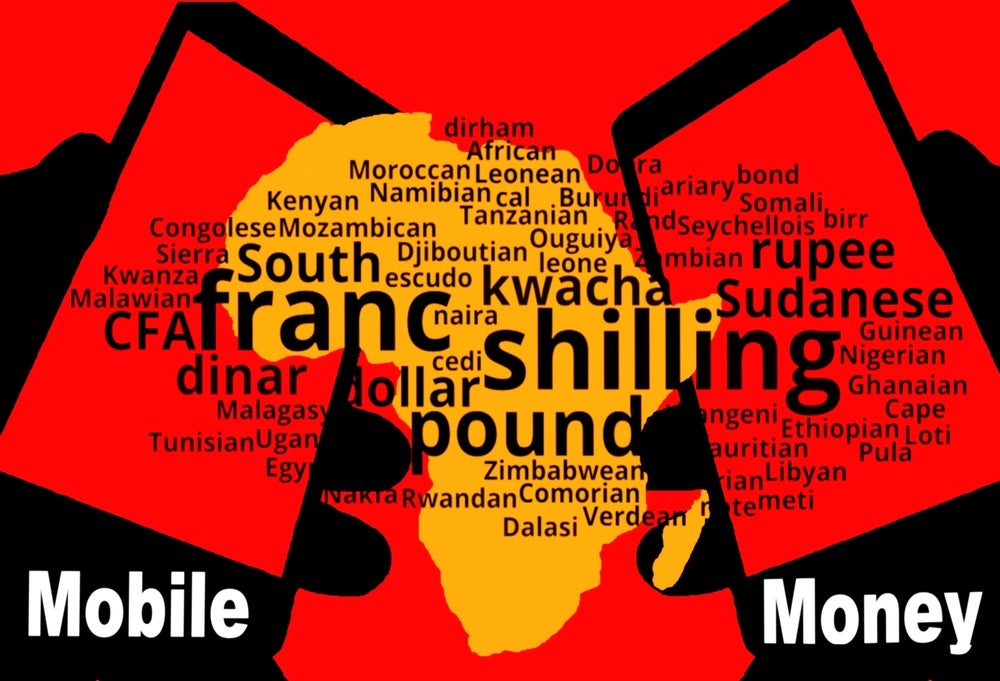When considering African expansion and maturation, frequently considered contributors are the likes of (i) Western development agencies assisting governments or (ii) international capital scaling African businesses and investing in infrastructure. Far less discussed is the possibility of African companies landing in European or North American markets.
Visitors to European (or North American) tech hubs such as London, quickly see a significant African presence, as Western companies recruit the best-and-brightest African software and industrial engineers, scientists, and doctors. So why can’t African businesses bring their own successful business models and expertise to developed markets?
Fintechs are transforming Africa’s financial services sector
A stand-out example of innovation and creativity found across Africa – is fintech businesses. Fintech players have transformed Africa’s financial services landscape – playing a major role in reducing financial exclusion; often by providing critical solutions for Africa’s governments.
Growth in mobile phone ownership, and the acceleration of smartphone apps, has transformed banking processes. Specifically, digital processes and the unprecedented data they generate means millions previously unbanked or underserved – now have economic agency.
Moniepoint: serving over 5 million businesses since 2019
At Moniepoint, we have served over five million businesses since 2019, providing accessible payment solutions which – in turn – allow them to access other financial services via growth-critical elements such as improved credit histories. Other fintechs such as ExpressPay in Ghana and Wari in Senegal cater for similar varied needs. All have liberated people from the confines of old physical banking models and allowed them to achieve their dreams.
The scale of African fintech’s impact is impressive. In 2019, Sub-Saharan Africa had almost 400 million registered mobile money accounts across – positively impacting savings, consumption, investment and productivity.

US Tariffs are shifting - will you react or anticipate?
Don’t let policy changes catch you off guard. Stay proactive with real-time data and expert analysis.
By GlobalDataWorking with so many customers has allowed fintechs to innovate and discover new solutions. A standout example is fintechs’ willingness to use different tests for credit worthiness (such as regularity of phone bill payments, or frequency and volume of transactions) – discovering they can be reliable indicators. Factor in Point-of-Sale technologies; new cashless payment methods; and the ability to generate turnover records – and business loan due diligence is much improved. This gives African businesses greater opportunities for expansion.
So – what does this mean for developed markets?
Lessons learned by African fintechs (and the learning never stops) positions them ideally to become the salvation of millions of financially excluded citizens across developed nations.
A surprising statistic (to some) is that over 13 million European adults still do not have a bank account. This includes 30% of Romanians. In Hungary and Bulgaria, the figures range across 12%-16%. Financial exclusion is not limited to Africa; it is a problem in the developed world too.
Servicing these potential customers is an opportunity for African fintechs. By creating new international divisions or partnering with existing overseas institutions – they can provide expertise and products to underbanked populations.
The track record of success in Africa for many companies – even if there is always more to do – means ambitions should have no limit, especially with government agendas seeking to improve capital flows and attract foreign currency.
In developed markets, African fintechs could leverage their knowledge to pitch to unbanked customers. They know how to overcome customer resistance or scepticism; and appreciate the value in helping sole traders grow into small businesses – especially as economies move cashless. These and other insights are valuable and could assist established Western market players reach underserved customers faster, with less risk and expense. For governments, the regulatory experiences of African fintechs could help shape practical ‘what works’ regimes that don’t stifle growth or deny effective services to customers.
African fintechs should not limit themselves to Africa
Exploiting the still prevalent feature (aka ‘dumb’) phone market in less prosperous areas is another area for African fintech expertise – filling gaps left as Western businesses rushed to promote and sell smartphones.
Overall, the lesson is simple. African fintechs should not limit themselves to Africa.
We can and should look to overseas market expansion – building financial inclusion and showing that Africans can deliver their own innovations and market know-how, not just on the continent but globally.
Tosin Eniolorunda is Group CEO of Moniepoint Inc.









